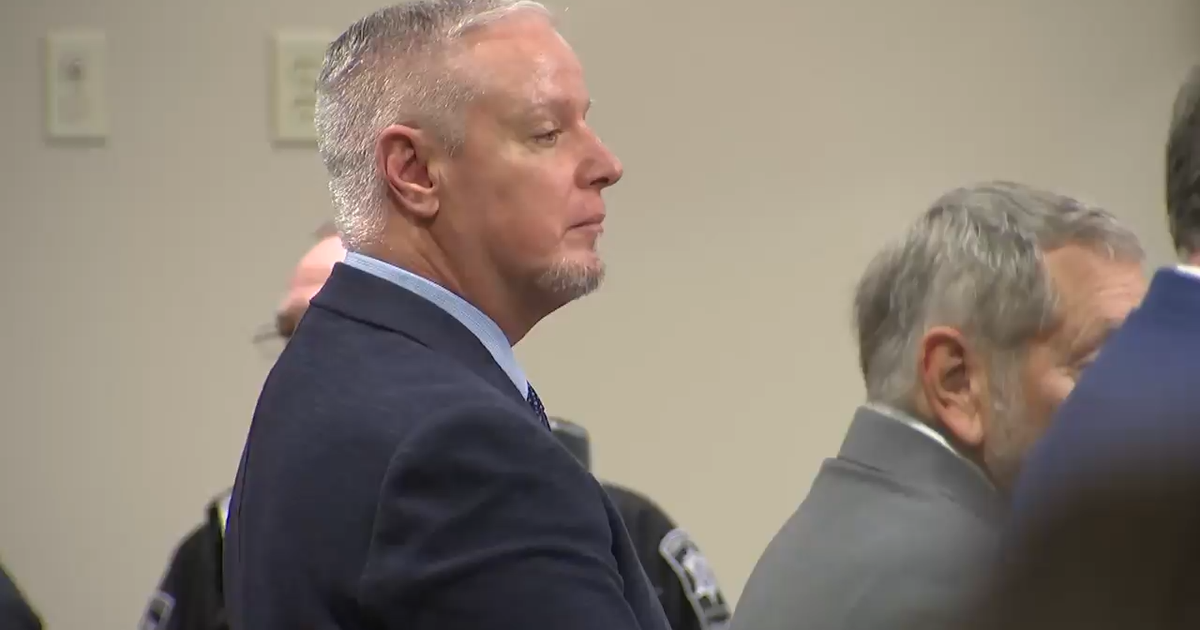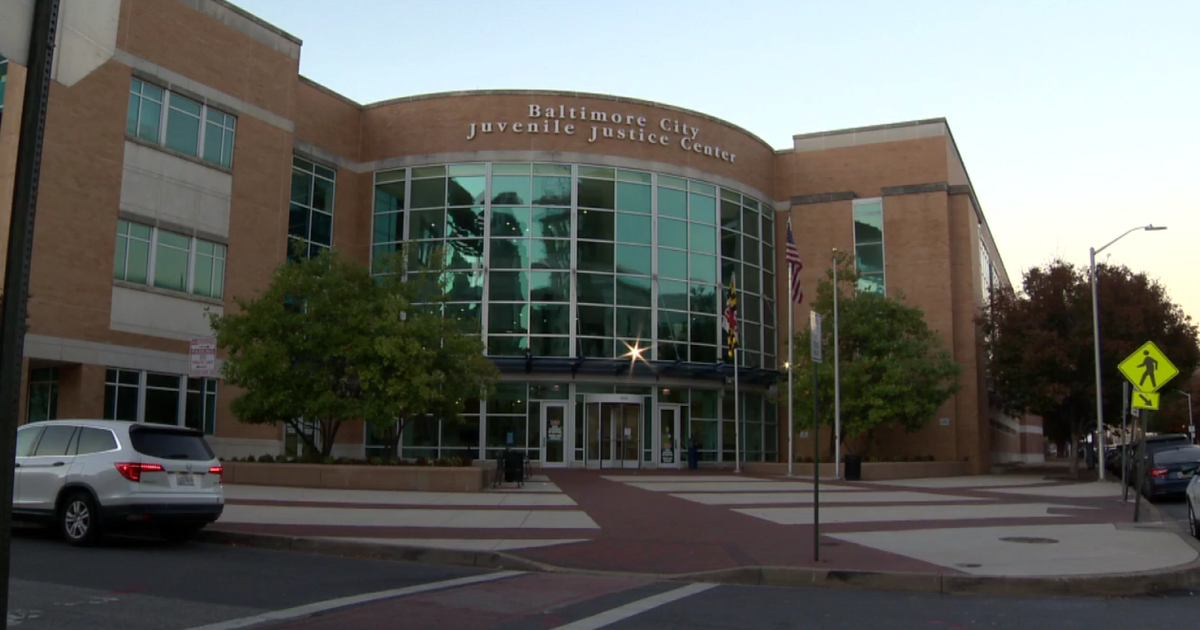Cancer Patients Denied Coverage For Clinical Trials
CHICAGO (CBS) -- Insurance companies in Illinois routinely refuse to pay for clients to enroll in potentially life-saving cancer research trials. Now the Susan Komen Foundation and a state lawmaker are pushing to make that impossible.
Dr. Howard Ozer oversees the Cancer Center at the University of Illinois at Chicago College of Medicine.
As CBS 2's Mike Puccinelli reports, the UIC Cancer Center has a number of state of the art clinical trials for treating cancer. But not all the patients who want to get into these potentially life-saving trials can.
That's because, in many cases, insurance companies simply won't pay all or some of the costs.
Ozer said that, "In my practice, I would say about a third to half of the time" a patient cannot get into a clinical trial because of insurance issues.
For some of those patients, the inability to enroll in a trial can be fatal, Ozer said.
"If we are not able to deliver the newer agents in the clinical trial setting, then unfortunately those patients are going to die," Ozer said.
Breast cancer patient Alicia Cook said she understands the benefits of drug trials. She is enrolled in a second trial and appears to be cancer-free eight years after her initial diagnosis.
She said getting into a trial "meant survival for me. It meant getting access to the best care at the time."
The same can't be said of her older sister. Pam Ware was diagnosed with breast cancer just three years ago and lost her life last May.
Alicia said Pam's insurance company is to blame, because they wouldn't pay all of her costs, making it cost prohibitive for the single mother of three to enroll in a trial.
"The insurance company dropped the ball and it cost her her life; and her children their mom," Cook said.
Illinois State Rep. Greg Harris (D-Chicago) agreed. That's why he's sponsoring legislation that he believes would prevent this from happening again.
"Clearly, lives are at stake. It's a horrible thing. You've got people who have to decide do I get the best treatment but then I could bankrupt my family because my insurance stops paying my hospital and routine doctor bills," Harris said.
Cook said she's speaking now, so that no other person has to make such an impossible choice. That way, she said, Pam's three kids would still have their mom and she would still have her sounding board.
"What I miss most about her is just talking to her every day. I talked with her every morning," Cook said.
If Harris' proposal passes the General Assembly during the current session, it could become law as soon as May.
The state's largest insurance company association hasn't taken a position on this particular bill but said, "The typical practice is for insurers to cover routine care costs for a patient who is in a trial. Other costs that would be incurred should be covered by the trial sponsor."







